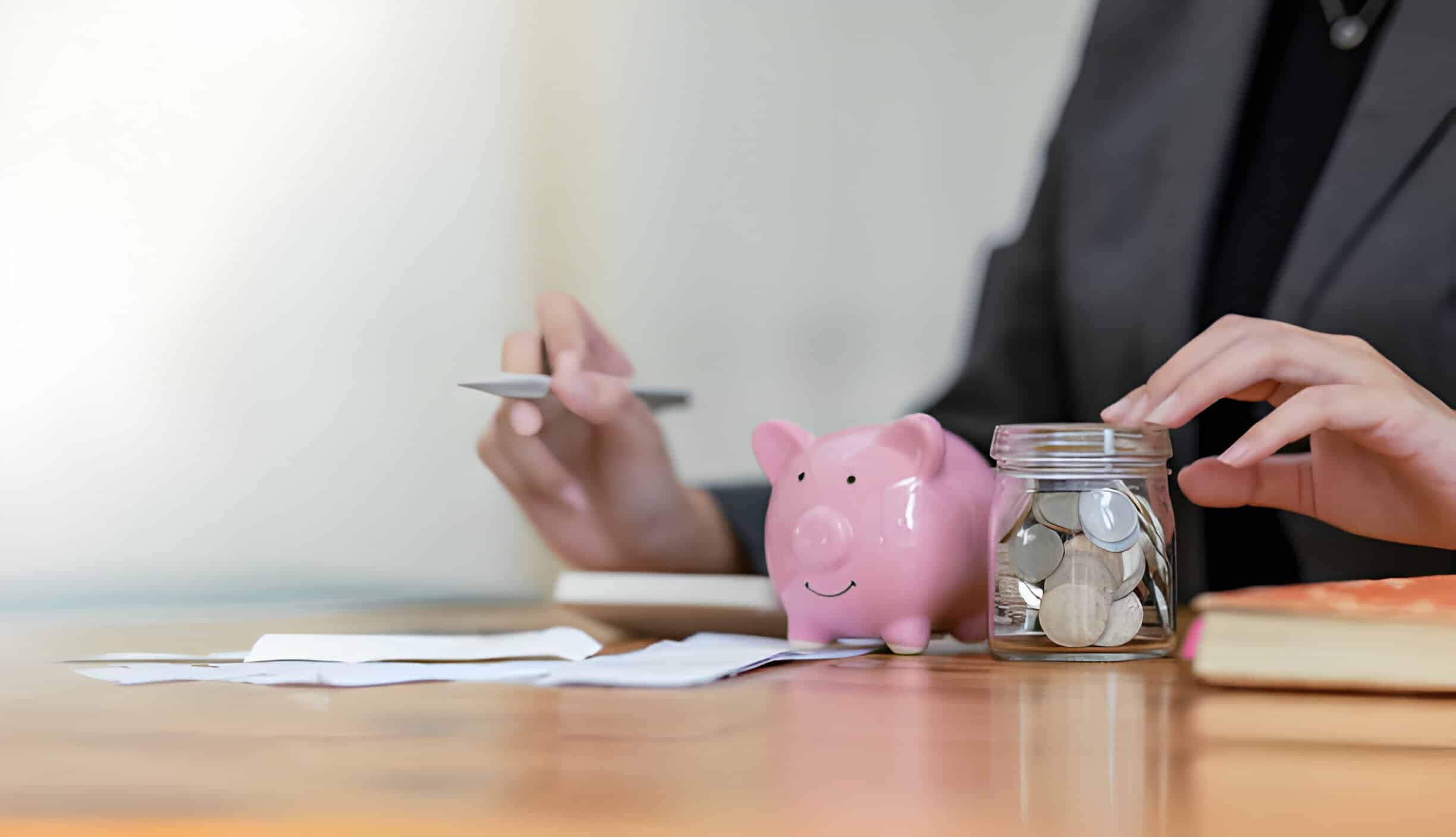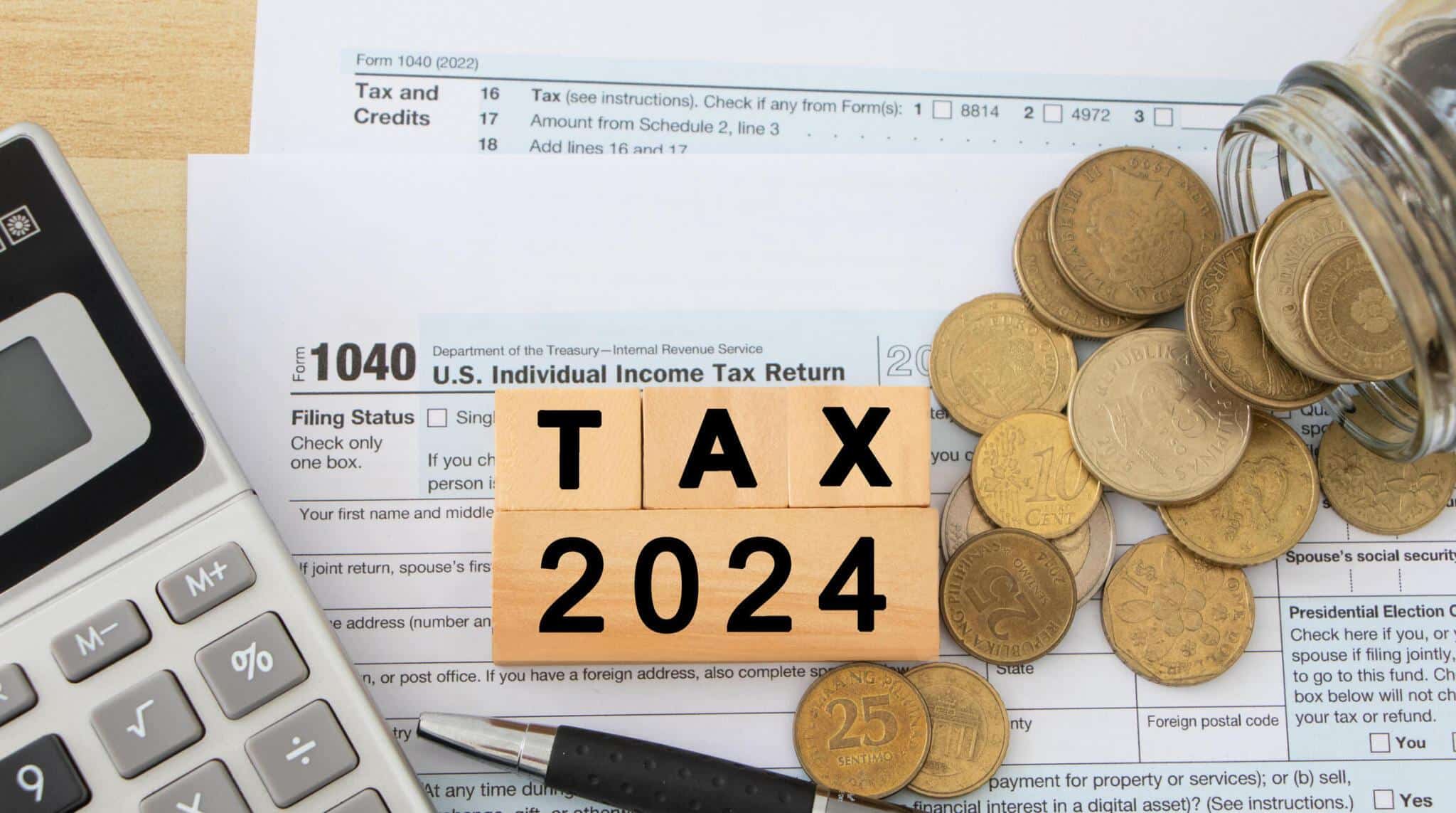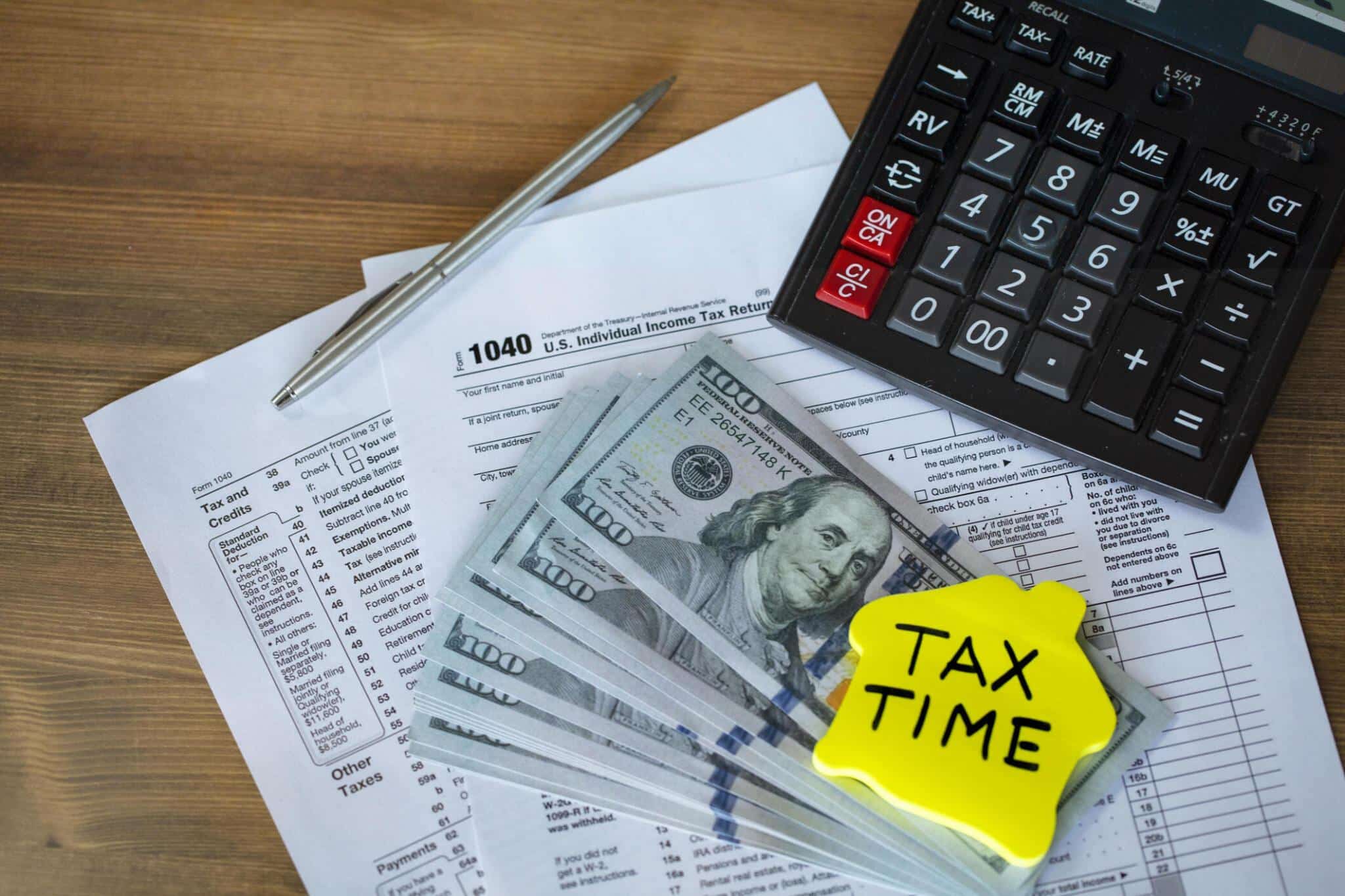Being a business owner is a big undertaking but it can have its benefits in terms of tax- deductible expenses.
While we would never advise breaking any tax-related rules in Australia, there are some expenses that cross over between life and work.
Sometimes it’s easy to have a payment coming out of your personal account when it could potentially be included as part of your business costs. Here are some tax-deductible expenses to double-check you are sharing with your accountant (note that this is not personal financial advice).
Home operating expenses
If you work from home every day or even a couple of days a week, talk to your tax accountant about how much you may be able to claim in terms of electricity and other expenses.
If you do not have an actual workplace to go to and part of your home is dedicated to work, for example, you may be able to investigate claiming a portion of your rent as a tax deduction.
With COVID, it has been noted that many people have had no choice but to work from home, even if they did have a place of work. This has created something of a grey area in terms of tax deductions. It is worth having a discussion with your accountant about whether or not you can claim some of your rental costs.
Finally, if you renovate your home office and buy new furniture for it, there may be deductions options to explore. Again, speak to your tax accountant.
Income Protection
Did you know your income protection insurance can be a tax-deductible expense?
This is the insurance that will (potentially) pay out if you are injured or sick and unable to work. It usually covers around 75% of your income in the event of something going wrong with your health.
According to the ATO, you can’t claim a deduction if the policy:
– is through your superannuation fund and the premiums are deducted from your contributions
– pays you a capital sum to compensate you for injury.
The deduction only applies to your income protection, not your life or health insurance.
Vehicle expenses
If you are self-employed and use your vehicle for work, all the associated costs of running it may be a tax deductible expense.
This includes the purchase cost of the vehicle plus insurance, repairs and registration, so aim to keep track of what you have spent throughout the financial year. You can also claim the interest on a loan or vehicle leasing payments. Depreciation/ the vehicle’s loss of value can be included as a deduction as well.
And don’t forget to keep track of what you spend on petrol; it will help your accountant if you keep a log of the distances you drive for work, buy fuel from your business account or keep your receipts.
Business travel
Travelling for meetings and conferences gives you the opportunity to mix business with pleasure.
This doesn’t mean you can book a trip to Disneyland with your family, catch up with a client in the queue for Space Mountain and call it a work trip. However, if you are genuinely going somewhere for work and you stay for a couple of extra nights to do some sightseeing you can still claim a portion of the airfare, the hotel and other travel costs as a work-related expense.
Education, subscriptions and memberships
If you invest in yourself by signing up for courses or reading industry publications, be sure to pay through your business account or keep a record of the expense.
Spending this money has the potential to help you grow your business so run the expense through your business account.
One more thing
Some business owners pay work and life-related expenses through a single account. At tax time, it can be very tricky to determine what is a tax-deductible expense and what is not.
Take a few minutes to set up a separate business account and talk to an accountant about connecting it to a platform like Xero or MYOB. This makes it so much easier to see what you have been spending and itemise your tax claims.
Need help to go through last year’s business expenses? Talk to Mobbs & Co.










